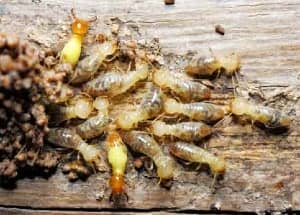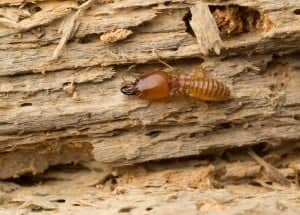How to Prevent Pests from Invading Your Garage Through Your Door
The garages are probably the last area that people consider when needing pest control. However, they often act as entrance points to many unwanted critters. Rodents and insects alike bring damage and unsanitary living conditions. Since it is the largest and most widespread access point, the garage door is the most vulnerable to this. Knowing … Read more




